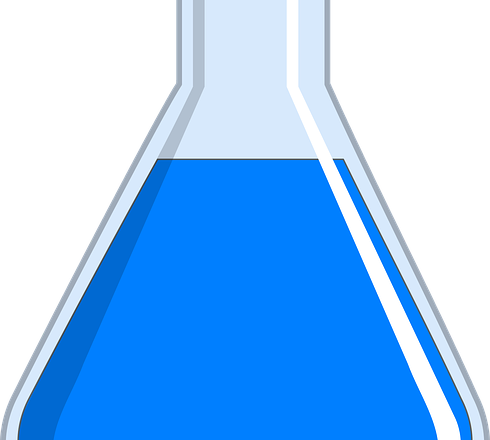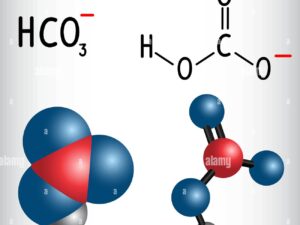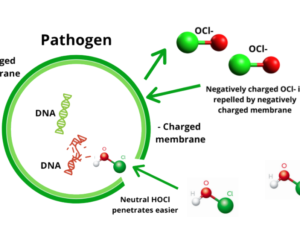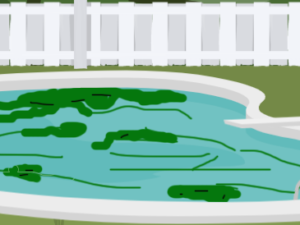Buffers and pH

- Description
- Reviews
-
1What is a buffer5 min
Let’s dive into the world of chemical buffers and see how they keep your swimming pool sparkling and safe.
-
2Buffers what are they good forVideo lesson
If you are conducting a chemical experiment, chances are you will employ a buffer of some sort. Buffers are a key component of most chemical reactions. The reason is if a reaction happens to quickly or slowly it can change the outcome and you can end up with something you're not looking for. Generally, buffers are used to slow the reaction, and a catalyst speeds it up.
Buffers are very important in pools so that we can more accurately dose the water to keep the pH in range.
-
3What Happens Without a Buffer or with a Weak Buffer?3 min
Creating a weak buffer is not something we ever do when working with pools. Most of the time we work on getting the buffer stronger until it is just right. This means that when acid is added to the pool the pH will stay in range or move slowly down.
Getting the buffer right is a critical component in managing the pool's water.
-
4How a buffer works5 min
Buffers work by neutralizing the acid that comes into the solution/water.
-
5Buffers Quiz3 questionsReview of buffers






